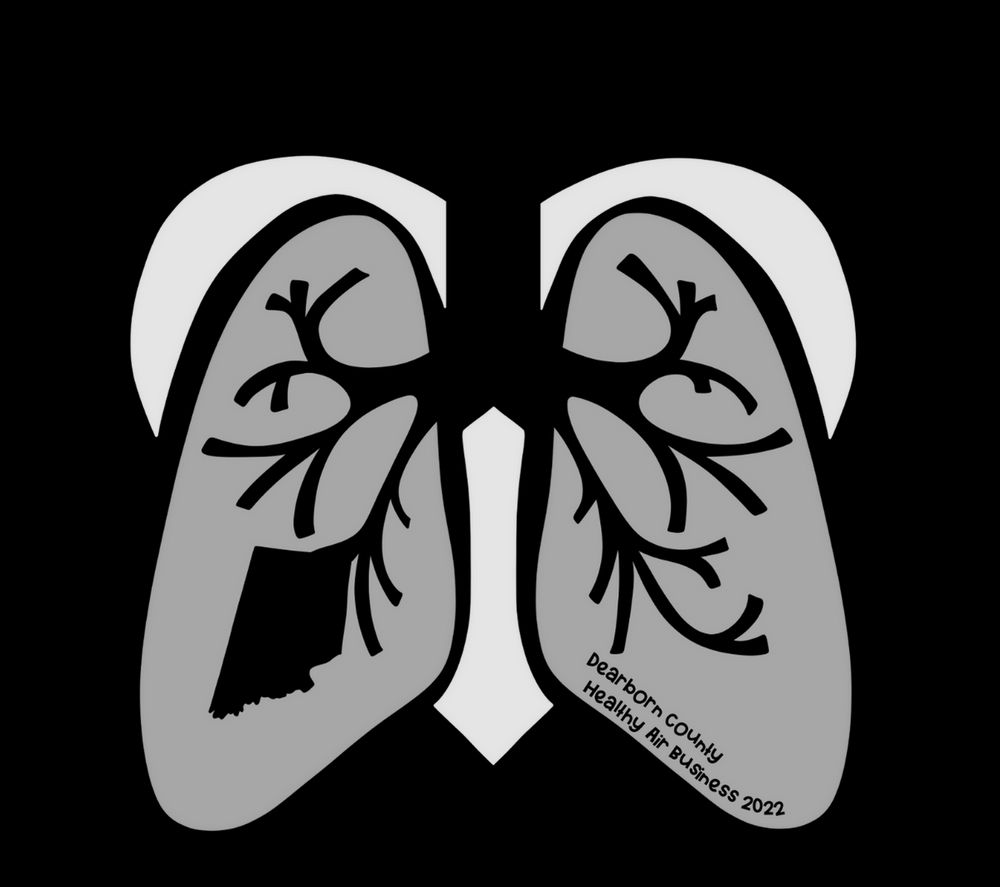By Mike Perleberg Dearborn County Courthouse. File photo. (Dearborn County, Ind.) – It had been rumored for several weeks as a reporter with The New York Times spoke with the prosecutor in Dearborn County and attorneys around town. On Friday morning, one of the world’s most widely read newspapers published an article which takes a close look at the criminal justice system in Dearborn County. The report by reporters Josh Keller and Adam Pearce is titled “This small Indiana county sends more people to prison than San Francisco and Durham, N.C., combined. Why?” It highlights disparities in sentencing between Dearborn County and places with larger populations. Using Dearborn County and individual cases here as examples, The Times report delves into criminal law reforms across the country to reduce mass incarcerations. Such reforms have led to big declines in America’s prison population, particularly in convicts from counties with large populations. However, rural and suburban communities have gone the opposite direction with imprisonment because of drug-related crime – particularly heroin. Citing data from the National Corrections Reporting Program, The Times found Dearborn County’s per capita prison rate of 114 per 10,000 people in 2014 was among the highest in the U.S. That rate is up more than 140 percent since 2006. By comparison, neighboring Hamilton County, Ohio’s rate is 20.8 per 10,000, down 46 percent. Boone County, Kentucky was at 36.8 per 10,000, up 35 percent. Dearborn-Ohio County Prosecutor Aaron Negangard was interviewed. He told The Times he’s proud of that fact because that’s how the county is kept safe. “We can’t just let the bad guys go,” he said. Criminal defense attorneys both within and outside Dearborn County were also interviewed and had a different take on the county’s propensity for imprisonment. Lawrenceburg attorney Douglas Garner told the newspaper that “It’s government run amok.” Two Dearborn County criminal cases highlighted in The Times’ report are those of Scott Huy and Donnie Gaddis. Huy, 36, was sentenced to 70 years in Dearborn County after he was caught dealing $600 in heroin to a police informant in Lawrenceburg. Gaddis, 41, received a 16-year sentence after he illegally sold painkillers at his home across the street from the Dearborn County Courthouse. REACTION FROM THE PROSECUTOR Aaron Negangard says he knew Dearborn County imprisoned more people than most others, but admits that The New York Times reporters showed him that the county had among the highest rates in the country. Still, the news story hasn’t swayed the prosecutor’s belief and won’t change the way he does his job. “In Dearborn County, people know they are safe,” he tells Eagle Country 99.3. Negangard attacked the sentiment voiced by criminal defense attorneys in the article that Dearborn County should consider treating drug offenders the same way places like San Francisco, Chicago and Baltimore do. “I’m glad. I wouldn’t want Dearborn County to resemble San Francisco in any way in regards to our criminal justice system,” he says after reading the newspaper’s report. “San Francisco is a sanctuary city for criminals. San Francisco needs to be like Dearborn County. Not the other way around.” The report showed that Scott Huy’s sentence would have topped out at three years in San Francisco, California or Brooklyn, New York. In Donnie Gaddis’ case, he would have simply received drug treatment. “Huy was a significant dealer and they couldn’t hold him in prison there (Ohio). Donnie Gaddis was a habitual offender, but the story made no mention of him dodging drug treatment and his probation violations. Donnie Gaddis and Scott Huy got the sentences they deserved. The story didn’t address the impact their crimes had on victims,” Negangard tells Eagle Country 99.3 before expanding on the men's criminal histories. “These are dangerous people who had gotten breaks before who were finally held accountable.” The prosecutor says that the justice system in Dearborn County is not particularly harsh. He argues that the law allows judges here to hold people accountable. He explained lengthy sentences and criminal behavior as a “carrot and stick” theory that criminals must have strong incentive to change their ways. He explains what he called a proven correlation: when incarceration rates go up, violent crimes go down. “If that’s not the way it is, it’s not government – it would be crime that would run amok.” DEFENSE ATTORNEY WEIGHS IN Doug Garner, a defense attorney in Lawrenceburg since 1993, was quoted briefly in the newspaper report. He expanded on his concerns in giving his reaction to The Times’ article with Eagle Country 99.3 Friday. “People’s hearts are in the right spot. It’s just finding the best use of resources,” Garner says. Garner’s concerns center around the cost of housing inmates and whether incarceration is the best method for getting people with drug problems – the root cause of most crimes. He says Dearborn County is spending anywhere from $30,000 to $40,000 per inmate each year at the county jail. “Resources are being diverted from drug treatment. We’re not succeeding in changing drug use by incarcerating people. It hasn’t worked since Reagan started the war on drugs,” Garner says. Garner moved to Dearborn County in 1991 to serve as a public defender. He hasn’t seen the county’s population increase dramatically since then, however, the number of people going to jail has more than doubled. Not coincidentally, the county’s jail was expanded in 2014 to handle to number of inmates. He says drug treatment programs in Dearborn County such as the Jail Chemical Addiction Program, or JCAP, and Veteran’s Court are “great”. Still, those programs are only able to handle a small percentage of the local people in need of treatment. Garner also suggests the implementation of a halfway house program to help keep released inmates from re-offending. Garner said The New York Times’ reporter was in town for three or four days interviewing people for the story. Some spoke on the record while others, Garner has been told, elected to speak off-record. Other defense attorneys in town do share his sentiments. “Some who haven’t practiced law elsewhere may not realize that there are other ways to do things,” he says. RELATED STORIES: 70 Year Sentence For Repeat Drug Dealer Couple Sentenced For Dealing Drugs Near Courthouse

 Knights of Columbus Announce 48th Annual Solicitation Drive
Knights of Columbus Announce 48th Annual Solicitation Drive
 Issue 2 Passes, Four Harrison City Council Candidates Advance to General Election
Issue 2 Passes, Four Harrison City Council Candidates Advance to General Election
 South Dearborn HS Presents "42nd Street" May 9-10
South Dearborn HS Presents "42nd Street" May 9-10
 CSX to Temporarily Close Railroad Crossings in Holton, Osgood
CSX to Temporarily Close Railroad Crossings in Holton, Osgood
 Team Kentucky Announces ‘Skip the Line’ Driver Licensing Initiative
Team Kentucky Announces ‘Skip the Line’ Driver Licensing Initiative
 Antiques, Crafts, Giveaways and More Highlight Upcoming Dillsboro in Bloom
Antiques, Crafts, Giveaways and More Highlight Upcoming Dillsboro in Bloom













